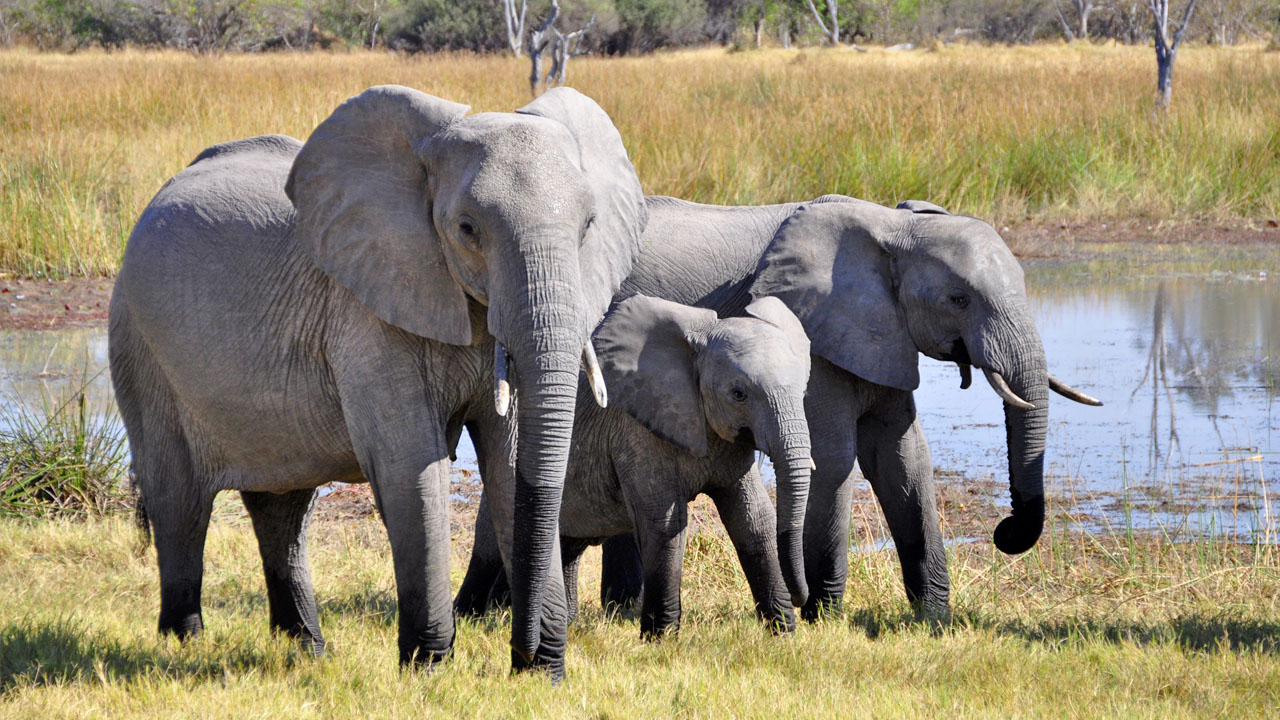Can Travel & Tourism become nature’s saviour?
In the coming month, the long-anticipated report, “Towards Nature Positive Travel & Tourism” will be published. Produced by the World Travel & Tourism Council (WTTC), in collaboration with ANIMONDIAL, it will help to explain nature’s ability to sustain tourism, absorb carbon emissions, prevent pandemics, and support life. It also underlines Travel & Tourism’s key challenges, which the sector must be overcome, and sets out, what I believe, is a huge potential to address biodiversity loss, and with it, climate change.
These are indeed worrying times – heatwaves are exhausting fresh water supplies, agricultural crops are failing, fish stocks dying, and wildfires destroying vast expanses of nature and people’s homes. There is no doubt that we need to reverse our exploitative and unsustainable ways and seek a future where humanity lives in harmony with nature.
Sounds great in theory, right? But with society and geo-political tensions currently taking us in the wrong direction, could this just be wishful thinking? Or is the solution yet to be fully realised?
I believe that the solution lies with responsible and sustainable tourism.
Take the last couple of years as an example: COVID-19 took hold across the world, people no longer travelled, and the tourism revenues that sustain local livelihoods and protect fragile nature, dried up. The devastating loss of income and an inability to access nutritious food, caused many local people (especially those that live alongside nature) to return to harvesting wildlife and natural resources for survival. With nature-based tourism operations suspended, wildlife poaching, illegal wildlife trade, and the degradation of nature by opportune industries caused widespread biodiversity loss – to an extent not previously seen.
These alarming outcomes demonstrate the relevance and power of tourism.
Just through its operation alone, tourism has an ability to sustain community resilience and wellbeing, while also providing for nature’s health. Consider then its full potential if efforts were directed to lessen operation impact, and support nature-enhancing actions. Imagine the extent of the benefits that could be achieved!
The WTTC ANIMONDIAL report, “Towards Nature Positive Travel & Tourism”, highlights these mutual dependencies as well as the business case for a Nature Positive approach. It encourages Travel & Tourism to assess and better manage its environmental impacts, while also identifying nature-related opportunities to restore, or regenerate nature. Within the publication, this process has been called “Nature Positive Tourism”.
Recognising that pre-COVID tourism revenues contributed to over 10% of global GDP, and nature-based tourism generated upwards of US$600 billion in direct in-country expenditures a year, that supported over 21 million jobs, there appears huge potential for Travel & Tourism to drive Nature Positive change. Managed well, Travel & Tourism can reverse the environmental impacts of COVID, bring greater value to nature, and help to convince even the most disengaged of communities and governments to better protect their natural heritage.
Using the “Towards Nature Positive Travel & Tourism” report as a springboard, the WTTC and ANIMONDIAL hope to work with the UN Convention of Biological Diversity (CBD) and the IUCN, and others, to position Travel & Tourism as a key player in supporting global efforts to protect our planet’s natural wonders – in effect, to become ‘GUARDIANS OF NATURE’.
Adopting a Nature Positive Tourism approach can be as easy as ABC …
- Assess your business operations and activities against the five-drivers of biodiversity loss.
- Build a Nature Positive approach that integrates biodiversity safeguards throughout the business and its operations.
- Complement your actions to mitigate nature-related impacts with measurable opportunities to better protect and restore nature.
- Develop destination biodiversity partnerships with NGOs, educational institutions, or government agencies to halt any exploitation or degradation of the natural world, and restore nature lost.
- Empower your employees, destination partners and suppliers, affected communities and customers through simple yet informative communication to encourage the better protection of animals and nature.


Postagens recentes
Categorias